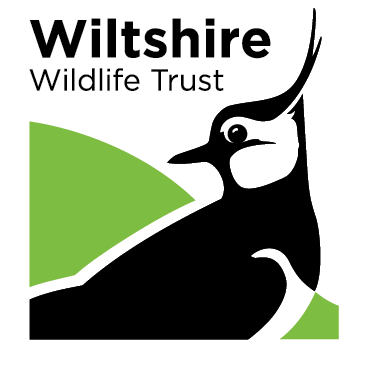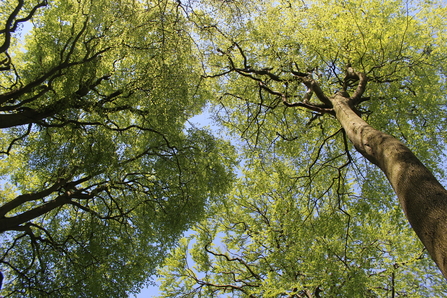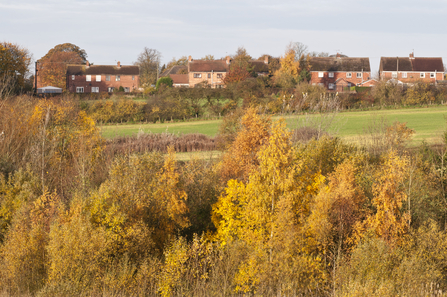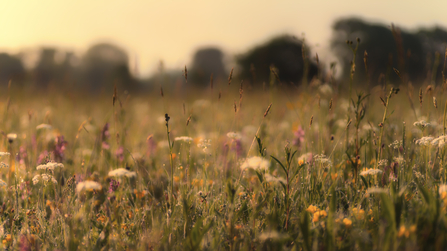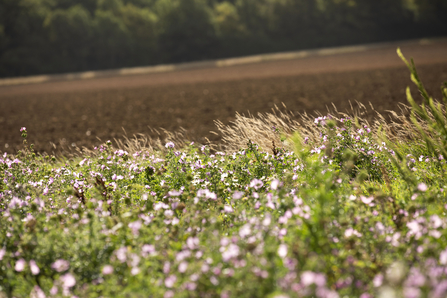Private finance to drive nature’s recovery
It is widely accepted that the UK is facing a nature and climate emergency with significant habitat and species loss. It is estimated that the UK requires between £44-97 billion in additional investment over the next decade to achieve the necessary ambitious goals to restore and protect nature – this is known as the ‘nature recovery financing gap’. This gap exists because current public funding, while important, is insufficient to meet the scale of the challenge, requiring significant private investment to bridge the gap.
As part of the government’s 2023 Green Finance Strategy, Defra published the Nature Markets Framework. The Framework sets out the government’s approach for scaling up private investment into nature’s recovery and sustainable farming. In the Framework, Defra set a goal for at least £500million of private investment to flow into nature recovery every year by 2027, rising to more than £1 billion by 2030. Mandatory and voluntary targets to improve the environment have the potential to drive demand and, well designed, high integrity nature markets have the potential to use this demand to increase funding for activities that restore and enhance nature – read more here on the role of nature markets from UK Nature Markets Dialogue.
Biodiversity Net Gain forms one of many nascent markets which could help drive this private finance towards meaningful impact on the ground; other policies driving demand in nature markets include Nutrient Neutrality driving demand for Nutrient Mitigation projects. The growth of the UK Woodland Carbon Code and UK Peatland Code illustrate the growing interest in the role of nature based solutions in voluntary carbon markets.
